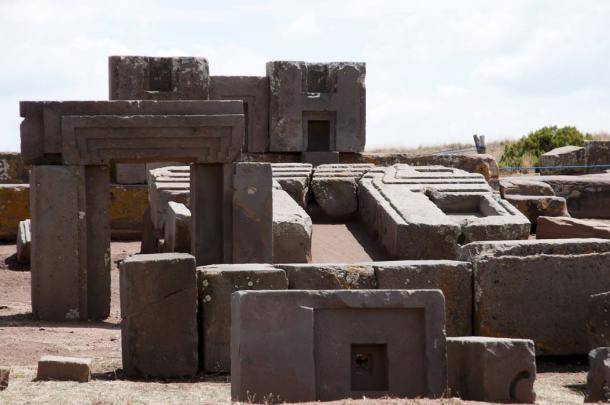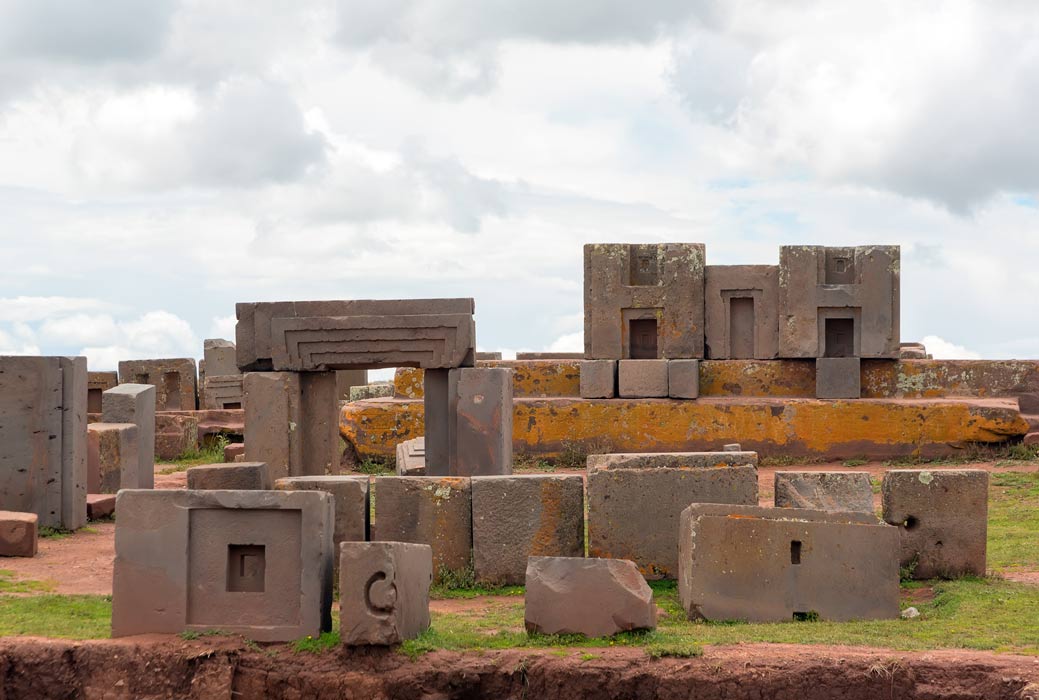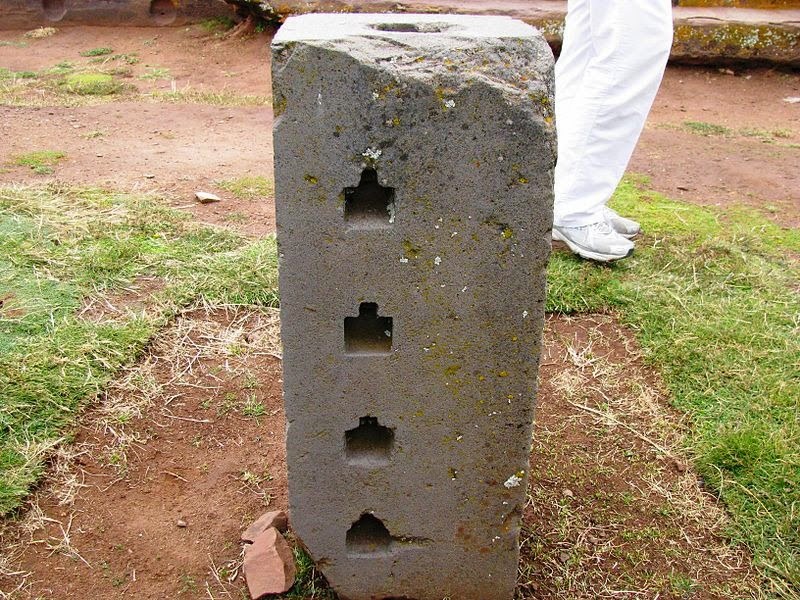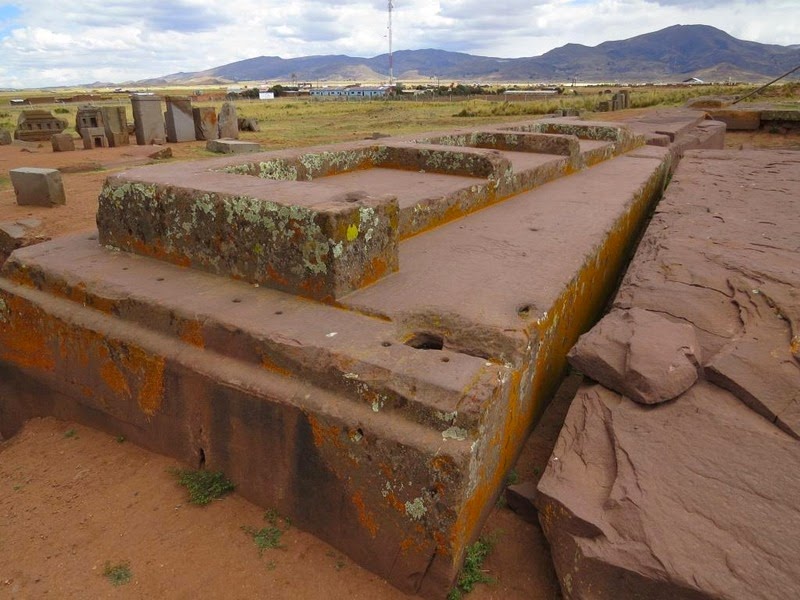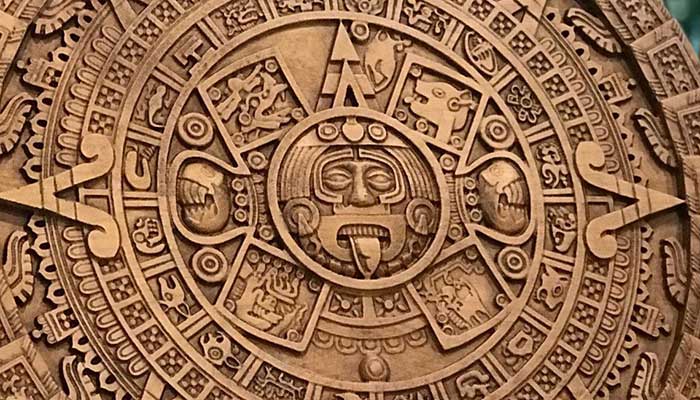91
Wisdom / From the Tripura Rahasya: The Mystery beyond the Trinity
« Last post by Yeshu on August 17, 2021, 10:36:41 AM »https://scriptures.ru/tripura1.htm
"The idea of perfection is due to absence of parts. Parts can appear only with time, space and form. However, the sense of completeness appears without these agencies, implying a yearning for them — thus giving rise to the sense of want. Then and there limitations come into being, and the fundamental cause of ignorance manifests as 'I am'. That is the embryonic seed from which shoots forth the sprout of the body as the individualized self (growing up to the gigantic tree of the cycle of births and deaths). The cycle of births and deaths does not end unless ignorance is put an end to. This can happen only with a perfect knowledge of the self, not otherwise.
35-38. "Such wisdom as can destroy ignorance is clearly of two sorts: indirect and direct. Knowledge is first acquired from a Master and through him from the scriptures. Such indirect knowledge cannot fulfil the object in view. Because theoretical knowledge alone does not bear fruit; practical knowledge is necessary which comes through Samadhi alone. Knowledge born of Nirvikalpa Samadhi generates wisdom by the eradication of ignorance and objective knowledge.
39-47. "Similarly, experience of casual Samadhi in the absence of theoretical knowledge does not serve the purpose either. Just as a man, ignorant of the qualities of an emerald, cannot recognize it by the mere sight of it in the treasury, nor can another recognize it if he has not seen it before, although he is full of theoretical knowledge on the subject, in the same way must theory be supplemented with practice in order that a man might become an expert. Ignorance cannot be eradicated by mere theory or by the casual Samadhi of an ignorant man.
"Again want of attention is a serious obstacle; for a man looking up to the sky cannot identify the individual constellations. Even a learned scholar is no better than a fool, if he does not pay attention when a thing is explained to him. On the other hand, a man though not a scholar but yet attentive having heard all about the planet Venus, goes out in confidence to look for it, knowing how to identify it, and finally discovers it, and so is able to recognize the same whenever he sees it again. Inattentive people are simply fools who cannot understand the ever-recurring Samadhis in their lives. They are like a man ignorant of the treasure under the floor of his house who begs for his daily food.
48. "So you see that Samadhi is useless to such people. The intellect of babes is always unmodified and yet they do not realize the self.
49. "Nirvikalpa Samadhi clearly will never eradicate ignorance. Therefore in order to destroy it Savikalpa Samadhi must be sought.
50-52. "This alone can do it. God inherent as the self is pleased by meritorious actions which are continued through several births after which the desire for liberation dawns and not otherwise, even though millions of births may be experienced. Of all things in creation, to be born a sentient being requires good luck; even so to acquire a human body requires considerable merit; while it is out of the ordinary for human beings to be endowed with both virtuous tendencies and sharp intellect.
53-60. "Observe, O Brahmin, that the mobile creation is a very small fraction of the immobile and that human beings form but a small fraction of the mobile, while most human beings are little more than animals, being ignorant of good and bad, and of right and wrong. Of sensible people, the best part runs after the pleasures of life seeking to fulfil their desire. A few learned people are stained with the longing for heaven after death. Of the remaining few, most of them have their intellects bedimmed by Maya and cannot comprehend the oneness of all (the Creator and creation). How can these poor folk, held in the grip of Maya, extend their weak sight to the sublime Truth of Oneness? People blinded by Maya cannot see this truth. Even when some people rise so high in the scale as to understand the theory, misfortune prevents their being convinced of it (for their desires sway them to and fro with force greater than the acquired, puny, theoretical knowledge, which if strictly followed should put an end to such desires, which nourish on the denial of oneness.) They try to justify their practical actions by fallacious arguments which are simply a waste of time.
"Inscrutable are the ways of Maya which denies the highest Realization to them, it is as if they threw away the live gem in their hands thinking it to be a mere pebble.
61. "Only those transcend Maya with whose devotion the Goddess of the Self is pleased; such can discern well and happily.
62. "Being by the grace of God endowed with proper discernment and right-earnestness, they become established in transcendental Oneness and become absorbed.
"The idea of perfection is due to absence of parts. Parts can appear only with time, space and form. However, the sense of completeness appears without these agencies, implying a yearning for them — thus giving rise to the sense of want. Then and there limitations come into being, and the fundamental cause of ignorance manifests as 'I am'. That is the embryonic seed from which shoots forth the sprout of the body as the individualized self (growing up to the gigantic tree of the cycle of births and deaths). The cycle of births and deaths does not end unless ignorance is put an end to. This can happen only with a perfect knowledge of the self, not otherwise.
35-38. "Such wisdom as can destroy ignorance is clearly of two sorts: indirect and direct. Knowledge is first acquired from a Master and through him from the scriptures. Such indirect knowledge cannot fulfil the object in view. Because theoretical knowledge alone does not bear fruit; practical knowledge is necessary which comes through Samadhi alone. Knowledge born of Nirvikalpa Samadhi generates wisdom by the eradication of ignorance and objective knowledge.
39-47. "Similarly, experience of casual Samadhi in the absence of theoretical knowledge does not serve the purpose either. Just as a man, ignorant of the qualities of an emerald, cannot recognize it by the mere sight of it in the treasury, nor can another recognize it if he has not seen it before, although he is full of theoretical knowledge on the subject, in the same way must theory be supplemented with practice in order that a man might become an expert. Ignorance cannot be eradicated by mere theory or by the casual Samadhi of an ignorant man.
"Again want of attention is a serious obstacle; for a man looking up to the sky cannot identify the individual constellations. Even a learned scholar is no better than a fool, if he does not pay attention when a thing is explained to him. On the other hand, a man though not a scholar but yet attentive having heard all about the planet Venus, goes out in confidence to look for it, knowing how to identify it, and finally discovers it, and so is able to recognize the same whenever he sees it again. Inattentive people are simply fools who cannot understand the ever-recurring Samadhis in their lives. They are like a man ignorant of the treasure under the floor of his house who begs for his daily food.
48. "So you see that Samadhi is useless to such people. The intellect of babes is always unmodified and yet they do not realize the self.
49. "Nirvikalpa Samadhi clearly will never eradicate ignorance. Therefore in order to destroy it Savikalpa Samadhi must be sought.
50-52. "This alone can do it. God inherent as the self is pleased by meritorious actions which are continued through several births after which the desire for liberation dawns and not otherwise, even though millions of births may be experienced. Of all things in creation, to be born a sentient being requires good luck; even so to acquire a human body requires considerable merit; while it is out of the ordinary for human beings to be endowed with both virtuous tendencies and sharp intellect.
53-60. "Observe, O Brahmin, that the mobile creation is a very small fraction of the immobile and that human beings form but a small fraction of the mobile, while most human beings are little more than animals, being ignorant of good and bad, and of right and wrong. Of sensible people, the best part runs after the pleasures of life seeking to fulfil their desire. A few learned people are stained with the longing for heaven after death. Of the remaining few, most of them have their intellects bedimmed by Maya and cannot comprehend the oneness of all (the Creator and creation). How can these poor folk, held in the grip of Maya, extend their weak sight to the sublime Truth of Oneness? People blinded by Maya cannot see this truth. Even when some people rise so high in the scale as to understand the theory, misfortune prevents their being convinced of it (for their desires sway them to and fro with force greater than the acquired, puny, theoretical knowledge, which if strictly followed should put an end to such desires, which nourish on the denial of oneness.) They try to justify their practical actions by fallacious arguments which are simply a waste of time.
"Inscrutable are the ways of Maya which denies the highest Realization to them, it is as if they threw away the live gem in their hands thinking it to be a mere pebble.
61. "Only those transcend Maya with whose devotion the Goddess of the Self is pleased; such can discern well and happily.
62. "Being by the grace of God endowed with proper discernment and right-earnestness, they become established in transcendental Oneness and become absorbed.




 Recent Posts
Recent Posts